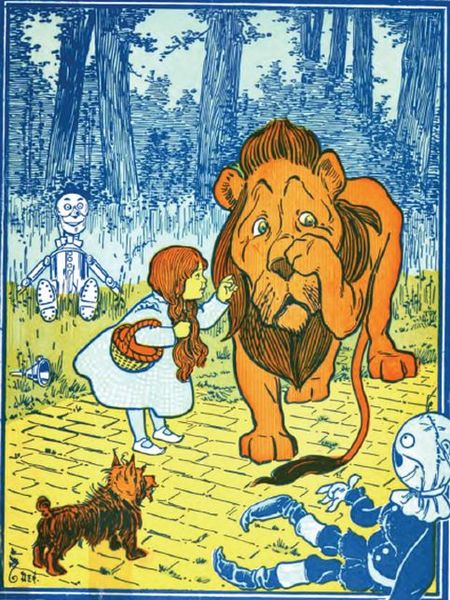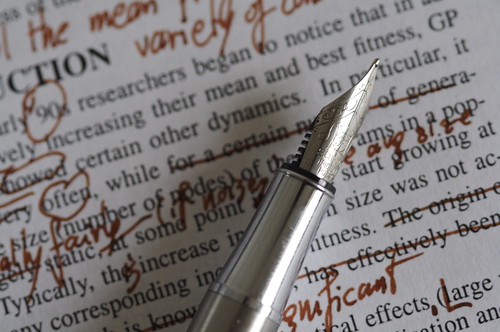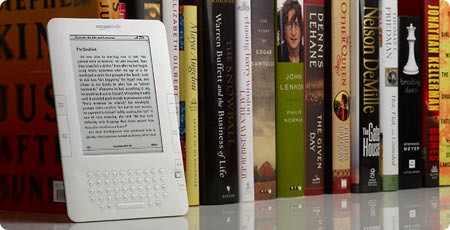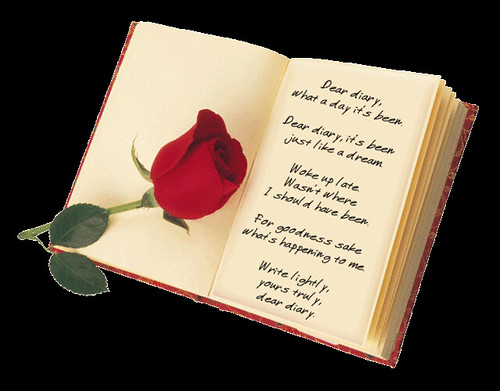The Wonderful Wizard of Oz is considered by many to be the only American fairy tale, a story that takes a little girl from a farm in the midwest to a fantasy land of talking lions and amazing wonders. More commonly known as The Wizard of Oz, the book turned into several sequels, a well-known stage play and one iconic film that's still a must-watch for anyone under the age of twelve.
But when you try to compare the book against the film, it's almost like talking about two totally different stories. The Hollywood version of the book is so over-altered it's nearly unrecognizable. In fact, one of the most famous elements of the story never factored into the book at all: it's complete movie fiction.
The Book
The first edition of The Wonderful Wizard of Oz had an initial
printing of 10,000 copies. Baum assembled the very first copy of the
book himself and hand-delivered it to his sister Mary Louise Baum. The
first edition sold out in the months, and the second printing of 15,000
ran out before the year was out. By 1938, a year before MGM would make the story legendary, more than 1 million copies of the novel had been sold.
The story struck a chord with the public right away. It chronicles the adventures of Dorothy, who's being raised by Aunt Em and Uncle Henry. Her best friend is her little black dog Toto, and her landscape is a wind-swept plain of gray. A cyclone lifts her up and away into a much more colorful world, but Dorothy's entrance is rather dramatic: her house lands right on the Wicked Witch of the East.
To praise Dorothy for her good work in this regard, the Good Witch of the North gives her a pair of silver shoes, which belonged to the aforementioned Wicked Witch. The Good Witch encourages Dorothy to go to the City of Emeralds to speak to the Wizard of Oz.
Dorothy meets up with a talking Scarecrow, a rust-covered Tin Woodman and a frightened Cowardly Lion on her way to the Emerald City. They have to fight through many tribulations before reaching the city, where they each meet with the Wizard individually.
Before they will get what they each want from the Wizard, they must kill the Wicked Witch of Winkie Country...a creature no one has ever managed to harm. More trouble follows. The Tin Woodman has to battle 40 wolves, Scarecrow must fight 40 crows, a torrent of killer bees even swarm in at one point. Eventually, the Wicked Witch is melted away with a bucket of water and Dorothy gets her silver shoes back. The Winkies ask for the Tin Woodman to become their new ruler.
The adventurers end up going back to the Emerald City, where they discover the Wizard's secret, before they journey through other, bizarre areas of Oz. They travel to Quadling Country, which is filled with fighting trees, and venture through the fragile China Country before they reach the forest where the Cowardly Lion finally finds his courage. It isn't until they get over the mountain that Glinda the Good Witch of the South reveals the truth: Dorothy can use her silver shoes any time to go home.
Baum himself said that he was influenced by another author when writing
The Wonderful Wizard of Oz. He created Dorothy, a female protagonist, because he liked the character Alice from
Alice's Adventures in Wonderland.
Dorothy spends much more time in Oz in the book, and it's a
very different place. The characters all look somewhat different and there are many, many more events the film leaves out. You can read
the whole thing free online if you like; it's been part of the public domain since 1956.
The Film
MGM released the film version of the book, re-titled as
The Wizard of Oz, in 1939. It was a big-budget, big name production...but it was competing with a much more popular book-turned-film released the same year:
Gone With the Wind.
Many film historians consider 1939 to be the year of movies, and some say that the best films ever made were released that year. Wizard of Oz had a lot going for it: great music, great direction, and all the clout of MGM studios...not to mention Technicolor.
It's one of the most iconic films of all time, and one of the most popular. The score is one of the best-known, featuring songs like "Over the Rainbow" and "If I Only Had a Brain." But the movie was a nightmare to make. Crew members died in terrible accidents. One actor was poisoned by his make-up, and his role had to be re-cast. Judy Garland was too old to play Dorothy, the book was too wordy to fit into a script, the sets were so big and sweeping and expensive that it started to create problems. And how do you film flying monkeys, anyway?
In movie theaters, The Wizard of Oz became a beautiful fantasy film centering around a fun quartet. They sing and dance down the Yellow Brick Road, confront the Wicked Witch several times, discover the truth about the Wizard and eventually Dorothy gets back to Kansas. It's sort of the same tale, but many of the details are different and much of the original narrative is missing.
What Got Adapted
The danger in the book version of The Wizard of Oz in toned down greatly for the film adaptation. You don't know just how treacherous Oz really is until you've read it on the page. In the movie, it's pretty clear that Dorothy has only been dreaming of Oz, so the few dangers that still remain are all contrived anyway...but this isn't what happens in the book. Oz isn't a dream but a reality, danger and all.
In the book, Glinda is the Good Witch of the South and the Good Witch of the North doesn't have a name. There is also a Queen of the Field Mice in the book, a character who was blended with Glinda on film. Dorothy's silver shoes were changed to ruby slippers for the film. The ruby slippers are legendary, and so famous they're actually on display at the Smithsonian...but they were added as a sort of marketing technique. MGM was using new Technicolor technology to make Wizard, and red shows out a whole lot better than silver. They wanted to show off what they could do, so the red slippers were slipped in.
The Wicked Witch of the West isn't such a big character in the book. Her role is expanded on film, and many of Dorothy's adventures in Oz are cut completely. In the book, Dorothy is much more of a hero. She takes charge more often. On film, Dorothy needs to be saved quite a bit, which was totally at odds with Baum's feminist ideals.
The farmhands, the Professor and Miss Gultch are totally fabricated for the film; they were added to reinforce the idea that Oz was all a dream. The flying monkeys are in the book, but they're not such bad guys: they're being magically controlled, and in a sub-plot Dorothy frees them before she leaves Oz.
Basically, the book is changed a whole lot for the movie, and not all of the changes would seem to make sense at first blush. Garland is much older than Dorothy, only 11 or 12 in the book, there is no "horse of a different color" (more Technicolor magic on display), Scarecrow doesn't receive a diploma but a simulated brain...the list goes on. But at the end of the reel, the film version of The Wizard of Oz is absolutely fantastic. It's a sweeping, fantastical epic with memorable characters in a wonderful land, and much of the flavor of the book is captured if not a whole lot of the details. Judy Garland is amazing in the role, and she would be associated with "Over the Rainbow" for the whole of her life following the flick. There's a reason that everyone has seen the movie: it's truly wonderful. But if you want to get a peek at the real story, the book is free for the reading -- so take advantage!




























